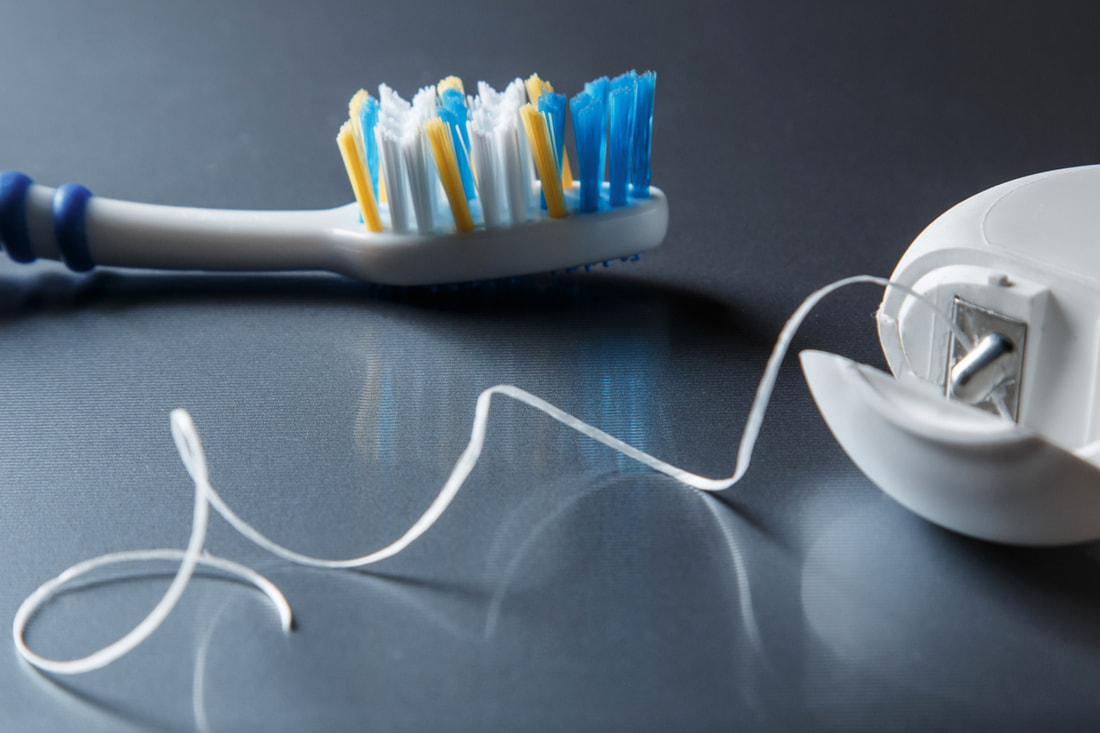Toothbrush Essentials For Good Dental Hygiene
Aside from using a fluoride containing toothpaste and flossing regularly in the proper manner, using the right kind of toothbrush is high on the list of oral health essentials. There are many features of toothbrushes that are quite optional, but here are the major factors that every good brush will include:
- Soft bristles are key. They are more effective at removing plaque because they are more flexible. Plus, they will not scrape off tooth enamel or hurt your gums like hard bristled brushes can.
- Small headed brushes are generally best since they can more easily be maneuvered throughout your mouth. This enables them to get at hard to reach back teeth and on the back of all of your teeth with ease. A head with half inch by one inch dimensions is typically best for adults.
- Approval by the experts is desirable. Look for the ADA seal of approval to indicate the brush has been tested and found compliant with safety and effectiveness standards. Also consider asking your dentist or periodontist for advice.
- Long enough handle. Be sure that you can comfortably reach all parts of your mouth while holding the toothbrush handle firmly and with sufficient “finger space.”
- A new and clean brush. Finally, realize your toothbrush should only last 3 to 4 months at most. If its bristles are wearing and springing outwards, it’s time for a replacement. Old bristles collect germs and spread them into your mouth, making them counterproductive.
Other Toothbrush Features To Ponder
Many features of modern toothbrushes are optional or preferential, rather than essential. And yet, you have to select a brush based on these features too. Here are some of the most important choices you have that you should be aware of:
- Look for a non slip grip handle. Also consider a flexible neck and a head shaped either rectangular or tapered off.
- Consider wavy versus flat bristle styles. Also consider getting bristles that have rounded tips for added protection if you have sensitive teeth and/or gums.
- If you brush very lightly, you can use a medium or hard bristled brush; but for most people, stick with soft bristles.
- If you find manual brushing difficult, don’t be afraid to opt for an electric powered toothbrush. Dozens of studies have confirmed that they are just as effective as ordinary toothbrushes (though not usually any more effective), while obviously easier to use.
- Consider an electric brush that uses “rotation oscillation,” meaning that the brushes turn both back and forth and all the way around in a circle. This is the only type of electric toothbrush that studies show is somewhat more effective overall than the average manual brush.
Maintaining a consistently high level of dental hygiene will protect your teeth, gums, and whole oral cavity and greatly reduce the risk of future oral problems. To learn more, talk to Dr. Raymond A. Kenzik today!
